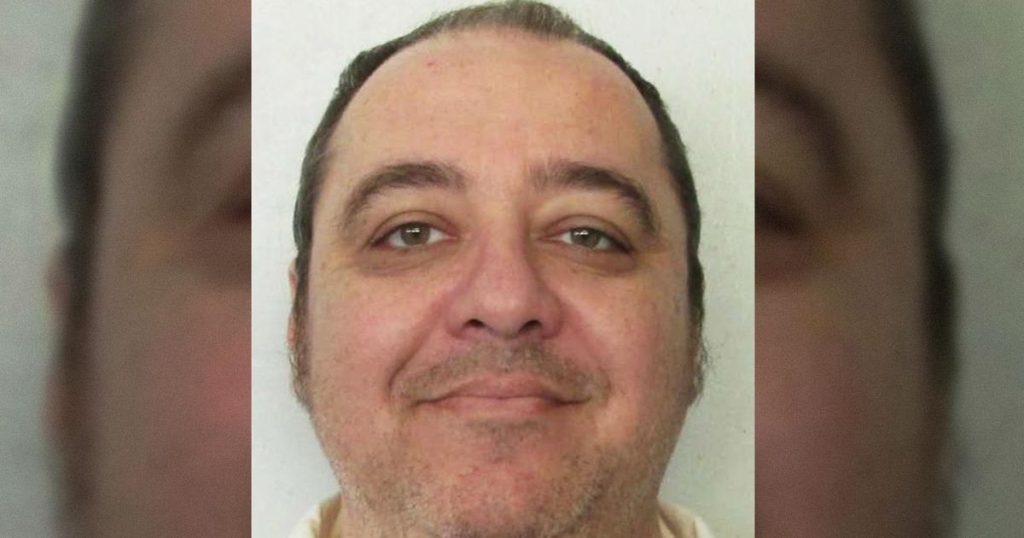Anti-death penalty advocates recently called for an investigation into Alabama’s execution of Kenneth Smith by nitrogen gas, citing concerns about potential violation of international human rights laws. Smith, who was sentenced to life without parole in 1996, was put to death using this method, which led to him appearing to struggle and writhe on the gurney during the process. His spiritual adviser, Jeff Hood, along with Project Hope to Abolish the Death Penalty, penned letters to the United Nations and the International Criminal Court, urging for accountability of the individuals involved in the execution.
The letters named four staffers of the state’s correctional department and facility who conducted the execution and called for them to be prosecuted. Hood emphasized that these individuals should be held accountable for perpetuating injustice, murder, and crimes against humanity. Alabama Governor Kay Ivey signed a law allowing for nitrogen executions in 2018 due to a lack of lethal injection drugs, making Alabama the third state to permit this method of execution. Lethal injection remained the primary method for capital punishment in the state.
The U.N. secretary-general recently requested accounts and responses related to the death penalty for an upcoming report at the next U.N. general assembly. Hood and PHADP submitted letters to the secretary-general and also reached out to the International Criminal Court to investigate the death penalty practices in Alabama. Smith’s case was particularly disturbing due to a botched execution attempt involving lethal injection in November, which left him traumatized and physically debilitated.
The White House expressed concerns over Smith’s nitrogen gas execution, reaffirming President Joe Biden’s opposition to the death penalty and support for Attorney General Merrick Garland’s moratorium on executions. However, Hood doubted that the U.S. government would hold anyone accountable for Smith’s death. He suggested that while it may be unlikely for the U.S. to conduct an investigation, the international community could eventually lead the charge in punishing those responsible for such actions. The letters sent to the U.N. and International Criminal Court are seen as a way to document and bring attention to such issues for potential future action.
In conclusion, the execution of Kenneth Smith by nitrogen gas in Alabama has raised alarm among anti-death penalty advocates, who are calling for accountability and an investigation into the circumstances surrounding his death. This case highlights concerns about potential human rights violations and the need for international oversight on such matters. The letters sent to the U.N. and International Criminal Court serve as a form of documentation for future action and potential justice for those involved in carrying out such executions.


